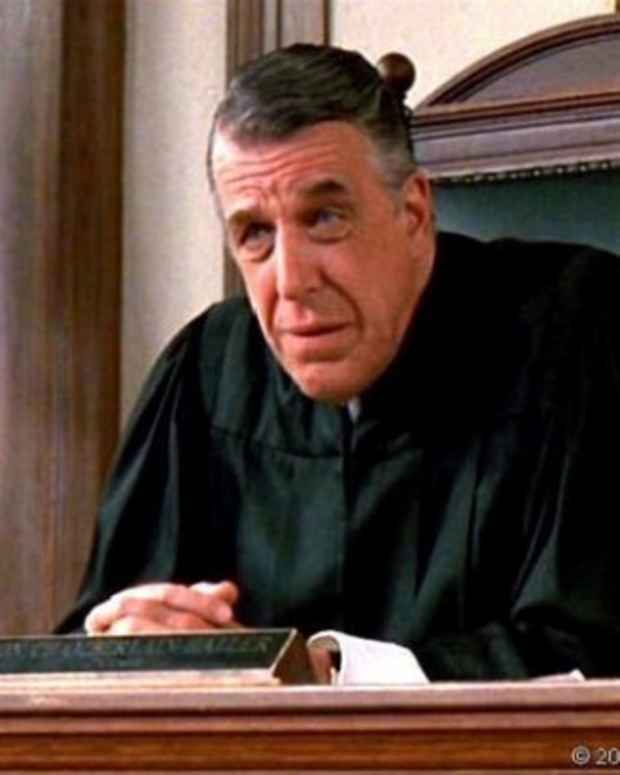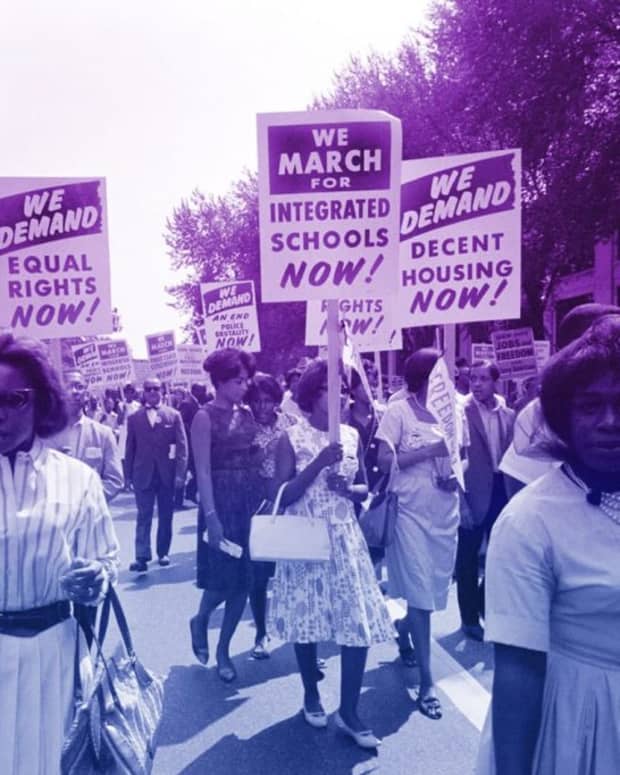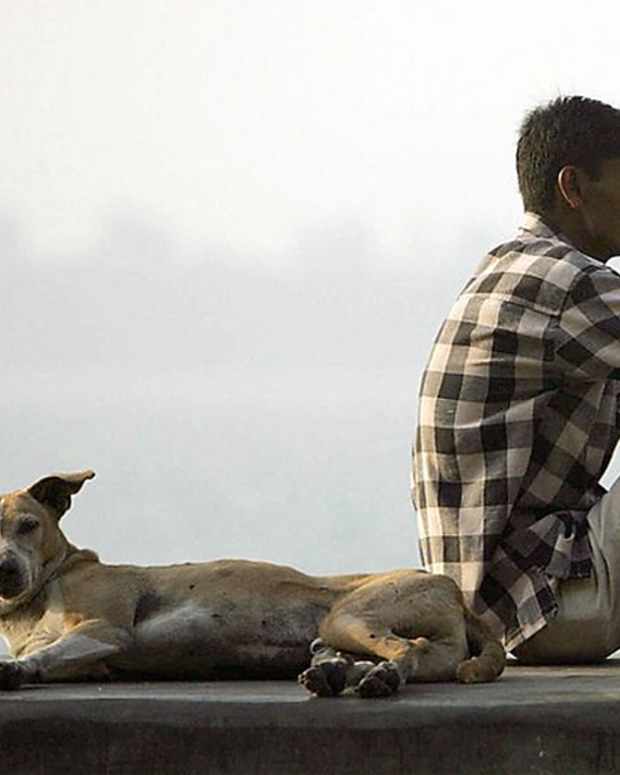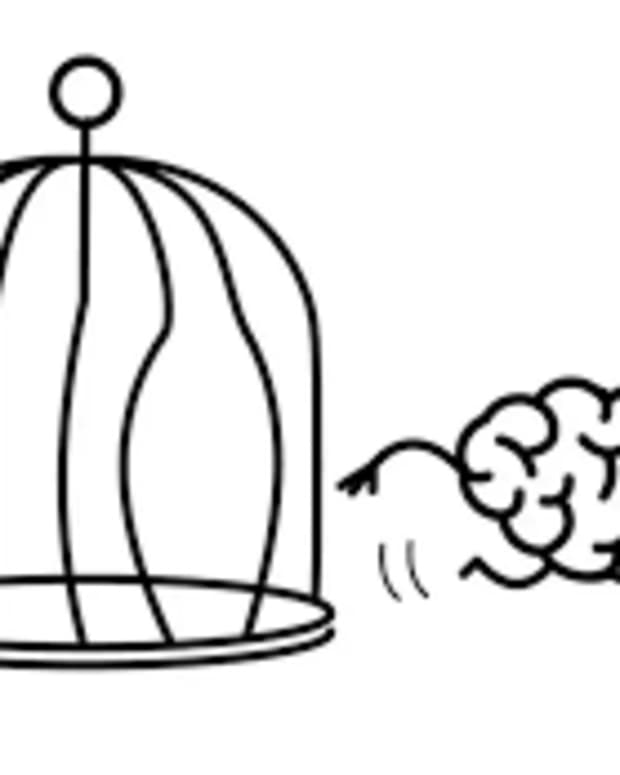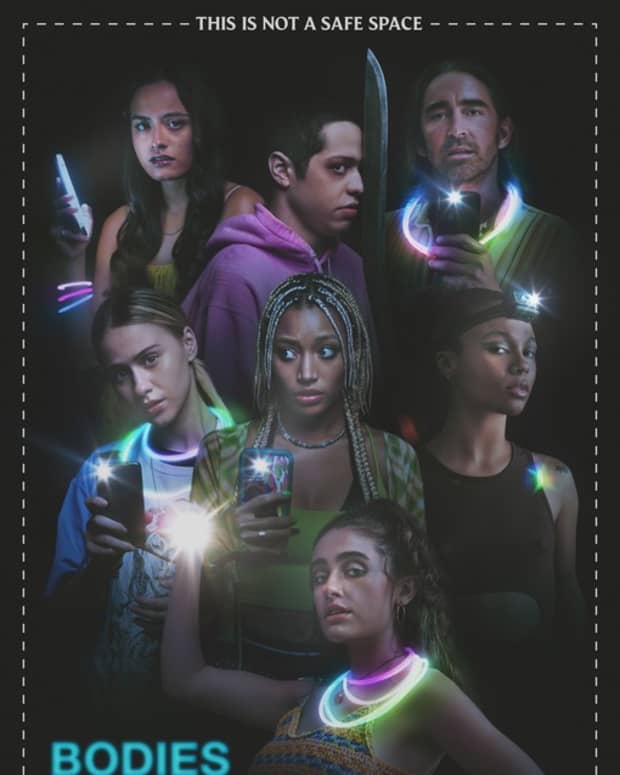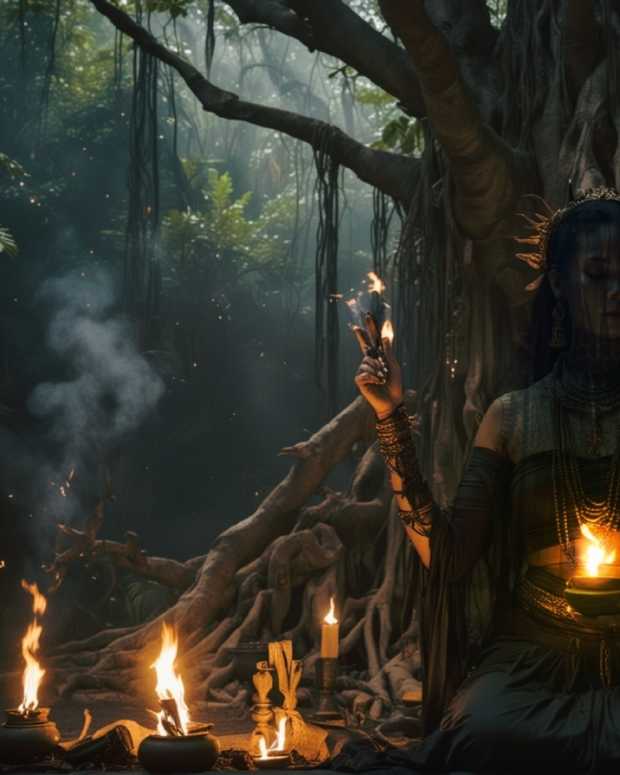Why "The Elephant Man" is a Profound Motion Picture
The Elephant Man Trailer
I am not an animal. I am a human being.
— John Merrick
1980 At the Movies
The Elephant Man was one of the rare cinematic finds of the 1980s, that had a compassionate streak and a strong theme on the dignity of the individual, in the case of the man behind the disfigurements of his face and body, John Merrick, cruelly called ‘The Elephant Man’ by his circus owner, during the Victorian era.
It was a year of a handful of important motion pictures. From Ordinary People (which some people related to deeply, but never told anyone about what did go on in their home) to Raging Bull (boxing as entertainment and showmanship) and Coal Miner’s Daughter (extremely poor to rich tale), but The Elephant Man stood out to this reviewer and the others had their various shortfalls. The Elephant Man was about things that mattered to me.
Based on the book “The Elephant Man and Other Reminiscences” by Sir Frederick Treves and Ashley Montagu’s “The Elephant Man: A Study in Human Dignity”, the adapters of this material (Christopher De Vore, Eric Bergren, and David Lynch) fashion a story that seamlessly flows.
Story
The film, shot in black and white to evoke the period, is set in Victorian England, where Frederick Treves (Anthony Hopkins), a surgeon at London Hospital, is a distinguished visitor to the circus. He moves his way through the crowd and into the tent of John Merrick (an unrecognizable John Hurt), where Merrick is displayed as a ‘freak’, The Elephant Man, one of life’s many surprises his cruel owner Bytes (Freddie Jones) announces during a showing of ‘The Elephant Man’, but has a sense of thematic nuance, as he really did surprise, which Bytes takes advantage of. Frederick Treves is interested in Merrick and eventually does a bargain with Bytes so he can take him to London Hospital and study.
Later in the film, Treves doubts that his taking Merrick did any good, as it made him a curiosity again, to the medical doctors at the Paleoanthropic Society and in the higher echelons of the Victorian world. But Treves’ intentions are not limited to scientific curiosity. He is genuinely engrossed in the man’s welfare and treatment. Treves believes he should be given a safe place to live, away from those who might react cruelly or with fear to the severe deformities and abnormalities that cover his body, head, and face. Treves become Merrick’s reason to believe in himself.
Themes
The Elephant Man doesn’t provide a happy conclusion as back then there was an incomplete answer to the problems Merrick encountered. This in one sense sad story is about the unhappiness inflicted on him, but it’s also about the unhappiness that his deformities caused in not being able to live his life as full and normally as possible. Yet Merrick found a new life with the help of a compassionate man. The Elephant Man is profound, moving, powerful story, and humanely Christian, and it’s also thought provoking. It seems to say that if people with disadvantages are treated normally, they will get along better. A memorable film.
Reaction
My first encounter with the film The Elephant Man was a striking black and white photo of John Merrick behind a mask in a hardback book. Because of the photo, and the interesting caption, I was drawn into the sense of the film. There must be more to this film that, as they say, is substance. And there is. I knew the photo wasn’t exploitative but reflected sorrow behind a mask. The photo I saw back in my school days revealed a man behind a mask (covering his facial deformities).
The movie The Elephant Man is challenging to watch because we are confronted by our own prejudices. Based on the book “The Elephant Man and Other Reminiscences” by Sir Frederick Treves and Ashley Montagu’s “The Elephant Man: A Study in Human Dignity”, the adapters of this material (Christopher De Vore, Eric Bergren, and David Lynch) fashion a story about views of people who look different. To evoke a period from the past the film is shot in black and white, but the issues pertain to the heart so are for any time. The film is about the extent of human dignity where are extremities and extreme differences. One could ridicule the difference, make fun of it, be afraid of it, or have a more considered response, even to compassion and love. But can one see a human being? These reactions are all covered in The Elephant Man.
One is challenged to see the image of God in these extremities, but one sees the deformities as unnatural. This is still a fearful response. The film says when a human being is treated differently because of their appearances there are still those who will show compassion, in John Merrick’s case, a doctor. The most Christ-like response was Frederick Treves’ in that he shed a tear at how inhumanely he was treated at the circus and offered the hand of compassion in action. It appears that Christ was with John Merrick in that he had someone who looked after him.
Merrick could recite The Lord is My Shepherd like he knew Christ. Which goes to show that God can even be there and why not. While the film can be challenging, raising our own bias to appearances, however false, the film's challenge may subtly infect and even transform our inner life in looking at those who seem different. One may never be able to see such a person without physical flaws, but The Elephant Man makes us aware that our response, nevertheless, can be compassionate. The film is also extremely well crafted, acted, and produced--as well as worthy.
Cast: Anthony Hopkins, John Gielgud, Wendy Hiller, Anne Bancroft, Freddie Jones. Director: David Lynch. Released October 3, 1980.
Watch The Elephant Man
© 2023 Peter Veugelaers







